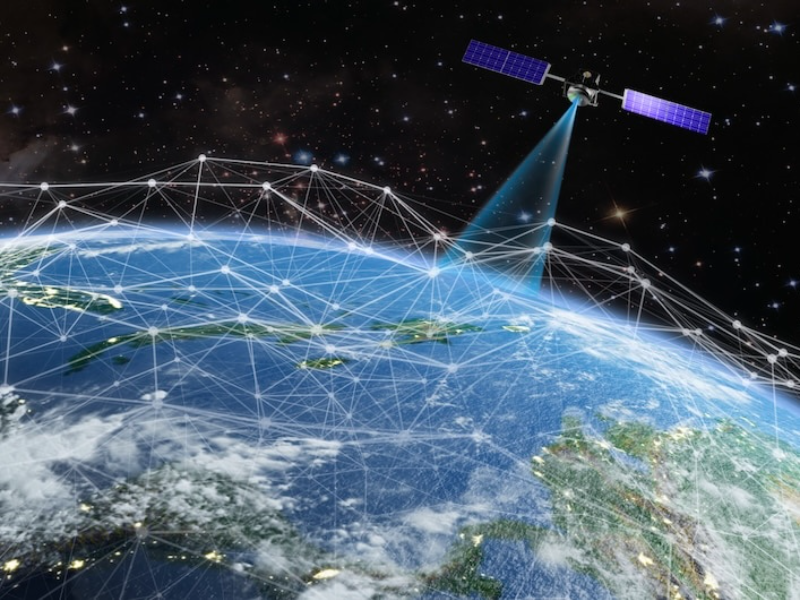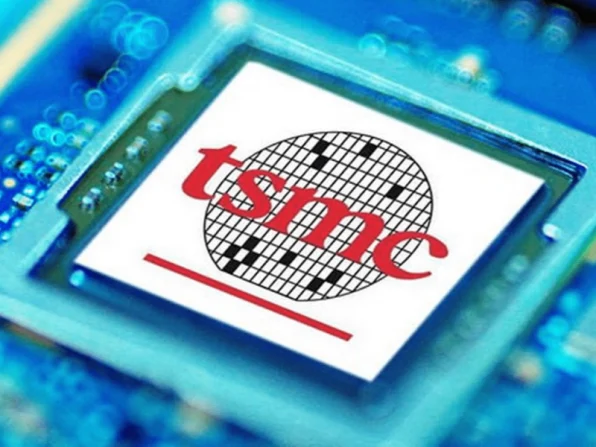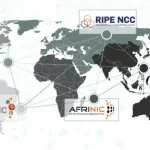- Telebras signed with SpaceSail to offer satellite broadband in Brazil.
- SpaceSail’s “Thousand Sails Constellation” currently has 36 satellites, with plans for 600 by 2025.
- Service in Brazil is expected to begin in 2026, with $1 billion investment planned locally.
__________
What happened
Brazilian telco Telebras has partnered with China’s SpaceSail to bring satellite broadband to the country. The agreement includes the “Thousand Sails Constellation,” which currently has 36 satellites and plans to expand to over 600 by 2025. Service in Brazil will start in 2026, with SpaceSail investing $1 billion locally and building 11 teleports.
The deal positions SpaceSail as an alternative to Starlink, which has over 200,000 Brazilian users, including the military, since launching in 2022. Minister of Communications Juscelino Filho said the government seeks more options for remote connectivity. Brazil has also offered its Alcântara Space Centre for SpaceSail launches.
Starlink has faced issues in Brazil, including fines related to misinformation on platform X and allegations of internet addiction in indigenous communities. Meanwhile, China’s goal of deploying 15,000 satellites by 2030 raises concerns about potential censorship and surveillance in its global expansion.
Also read: Musk’s Starlink seeks security clearance to enter the satellite internet market in India
Also read: Broadband providers invest $94.7B to strengthen networks for AI-driven growth
Why it is important
This story highlights the growing competition in satellite internet, a key technology for connecting remote regions. Brazil’s deal with SpaceSail shows its intent to diversify internet providers, reducing reliance on Starlink, which has been dominant since 2022. Minister Juscelino Filho emphasized the need for alternatives to ensure better coverage and competition.
China’s involvement adds a geopolitical angle, as SpaceSail aims to challenge Starlink’s global lead. The agreement may strengthen China’s influence in Brazil while raising concerns about data security and censorship. SpaceSail’s $1 billion investment in Brazil and plans to use the Alcântara Space Centre for launches also position the country as a critical partner in its satellite expansion.
This development reflects a broader race in the satellite broadband sector, with companies like Amazon’s Project Kuiper and OneWeb entering the fray. For consumers, this competition could mean better services and lower costs. However, concerns about digital surveillance and managing these vast satellite networks persist. The outcome will impact not just remote areas in Brazil but also the global landscape of internet connectivity.









